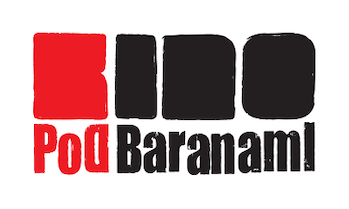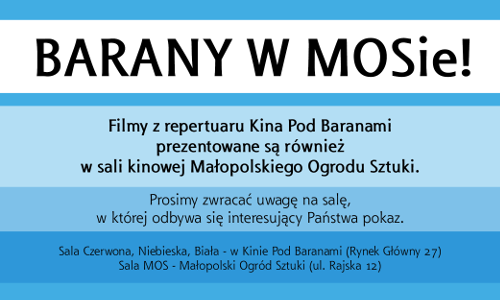MFF w Wenecji 2020 - wygrana: Nagroda Arca Cinemagiovani - Najlepszy film włoski (Gianfranco Rosi)
MFF w Wenecji 2020 - nominacja: Złoty Lew - Udział w konkursie głównym (Gianfranco Rosi)
Millennium Docs Against Gravity 2021 - nominacja: Nagroda Millennium - Udział w konkursie głównym (Gianfranco Rosi)
Nowy film laureata Złotego Niedźwiedzia i Złotego Lwa jest przede wszystkim poszukiwaniem nowego języka do opowiedzenia o poharatanym przemocą Bliskim Wschodzie, jak i o zwykłych ludziach i ich historiach, na które w głównym nurcie nie ma miejsca, gdyż nie przystają do pornografii wybuchów, tortur i strzelanin.
Notturno rozwija temat podjęty w poprzednim filmie reżysera, obsypanym nagrodami i nominowanym do Oscara Fuocoammare. Ogień na morzu. Tym razem Rosi ruszył na Bliski Wschód – przez trzy lata krążył z kamerą wzdłuż granic Iraku, Kurdystanu, Libanu i Syrii, filmując mieszkańców ciężko doświadczonego przez historię regionu. Reżyser przejmująco i sugestywnie odmalowuje w swoim dokumencie wieczną niepewność w świecie cyklicznych katastrof. Genialnie operujący dźwiękiem film Rosiego na swój sposób igra z pojęciem nokturnu – romantycznego poematu czy obrazu osadzonego w nocnej scenerii.
| Notturno develops a theme the director dealt with in his previous film, Fire at Sea. That film focused on the migration crisis as observed from the shores of Lampedusa, where boats with refugees were docking day after day. This time Rosi goes in the opposite direction: to the Middle East, to places abandoned by people seeking refuge. For three years, he traveled with his camera along the borders of Iraq, Kurdistan, Lebanon, and Syria, filming the inhabitants of a region hard hit by history. In his documentary essay, he depicts, in a poignant and evocative way, life in anticipation of yet another drama: unending uncertainty in a world of cyclical disasters. The structure of the film brings out this cyclicality: we see an army screaming in a threatening manner; women mourning their dead sons, brothers, and fathers; children suffering from post-traumatic stress; a once proud military that has now become an army of prisoners. We see a psychiatric hospital as a stage for a political spectacle—it would be hard to find a better metaphor for the type of madness that is destroying homes and people. Silent, but with a brilliant soundtrack, Rosi’s film plays in its own way with the notion of a nocturne—a romantic poem or a painting that takes place in a nighttime setting.
Prezentowany w ramach Notturno - pokazy w Kinie Pod Baranami tylko przez tydzień!






